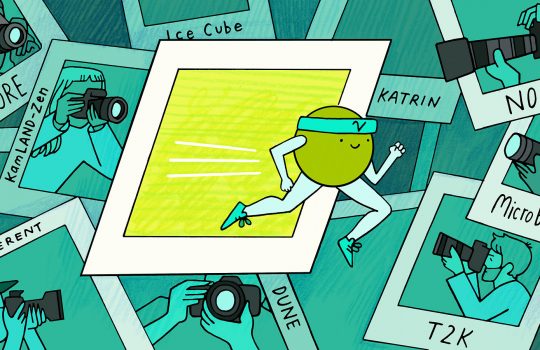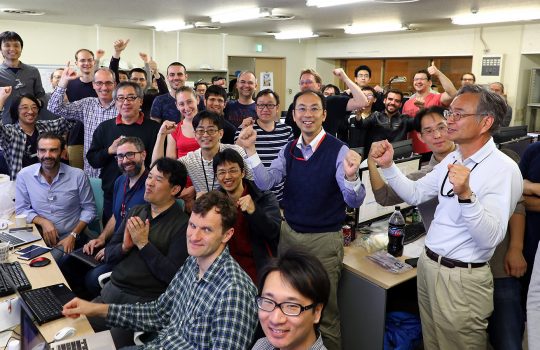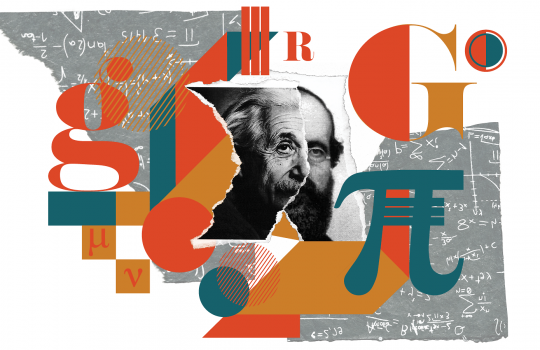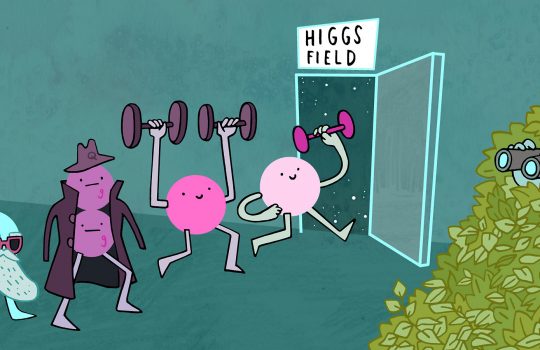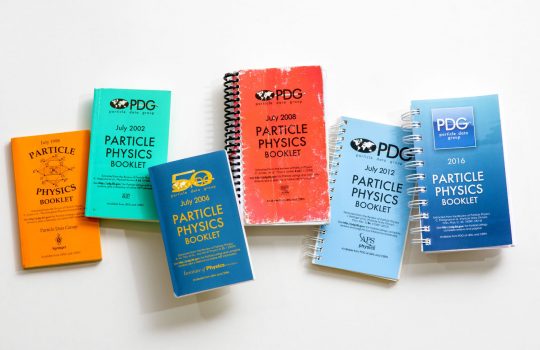Game-changing neutrino experiments
- California
- Canada
- CHANDLER
- China
- COHERENT
- CUORE
- DANSS
- Deep Underground Neutrino Experiment
- DUNE
- GERDA
- Germany
- ICARUS
- IceCube
- Japan
- JSNS2
- JUNO
- KamLAND-Zen 800
- KATRIN
- Los Alamos National Laboratory
- LSND
- Majorana Demonstrator
- MiniBooNE
- neutrino
- NEXT
- NOvA
- Oak Ridge National Laboratory
- Project 8
- PROSPECT
- SBND
- Short-Baseline Near Detector
- SLAC
- SNOLAB
- SOLID
- South Dakota
- STEREO
- Super-Kamiokande
- T2K
- Tennessee
This neutrino-watchers season preview will give you the rundown on what to expect to come out of neutrino research in the coming years.

